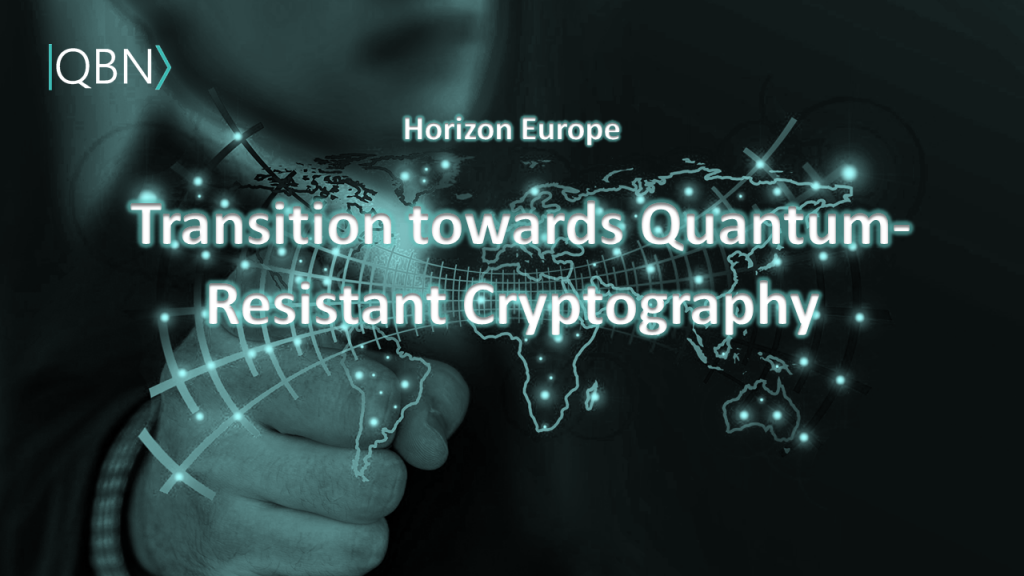Expected Outcome:
Projects are expected to contribute to at least three of the following expected outcomes:
- Measuring, assessing and standardizing/certifying future-proof cryptography
- Addressing gaps between the theoretical possibilities offered by quantum resistant cryptography and its practical implementations
- Quantum resistant cryptographic primitives and protocols encompassed in security solutions
- Solutions and methods that could be used to migrate from current cryptography towards future-proof cryptography
- Preparedness for secure information exchange and processing in the advent of large-scale quantum attacks
The proposal should provide appropriate indicators to measure its progress and specific impact.
Scope:
During the next decades the European Union should seize the opportunities that quantum technologies will bring. However, quantum technologies will also pose a significant risk to the security of our society. The advent of large-scale quantum computers will compromise much of modern cryptography, which is instrumental in ensuring cybersecurity and privacy of the digital transition. Any cryptographic primitive based on the integer factorization and/or the discrete logarithm problems will be vulnerable to large-scale quantum-powered attacks. The digital data/products/systems that derive their security ultimately from the abovementioned primitives will be compromised and must be upgraded -including their replacement when needed- to quantum-resistant cryptography. The massive scale of this foreseen upgrade shows that preparations are needed today in order to widely implement the relevant mitigations in the future. Many companies and governments cannot afford to have their protected communications/data decrypted in the future, even if that future is a few decades away. There is a need to advance in the transition to quantum-resistant cryptography.
Applicants should propose approaches to tackle the abovementioned challenges, with the goal to develop cryptographic systems that are secure against attacks using both quantum or/and classical computers. Proposals may also try to better understand the expected capabilities of quantum computers (e.g. novel relevant quantum algorithms) and to further assess their implications to cybersecurity.
The proposed actions responding to this topic should take stock of and build on the relevant outcomes from other research fields (such as mathematics, physics, electrical engineering) and actions (e.g. H2020 projects, NIST Post-Quantum Cryptography competition, efforts in ETSI), and are encouraged to plan engaging and cooperating with them to the extent possible. Participation of SMEs is encouraged.
Planned opening date: 30 June 2022
Deadline: 16 November 2022 17:00:00 Brussels time
For more information, please visit the European Commisssion web page.


